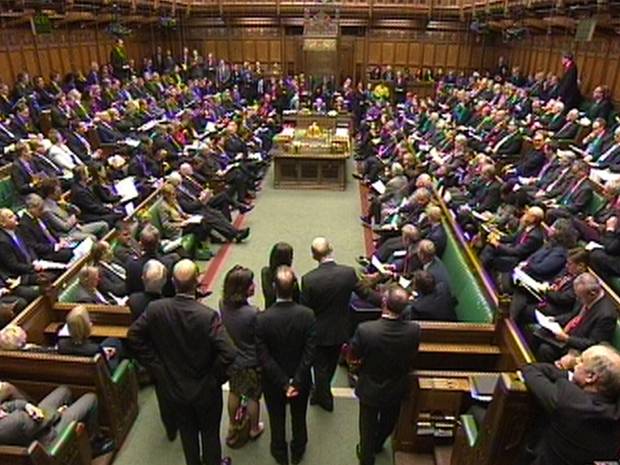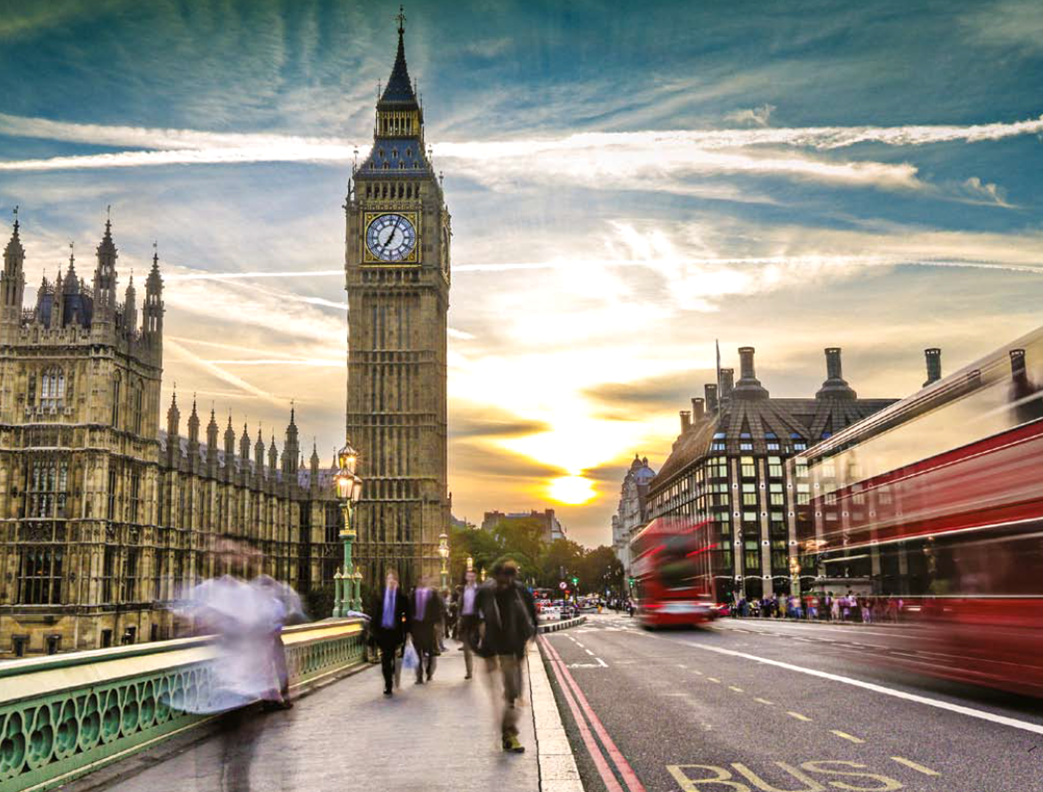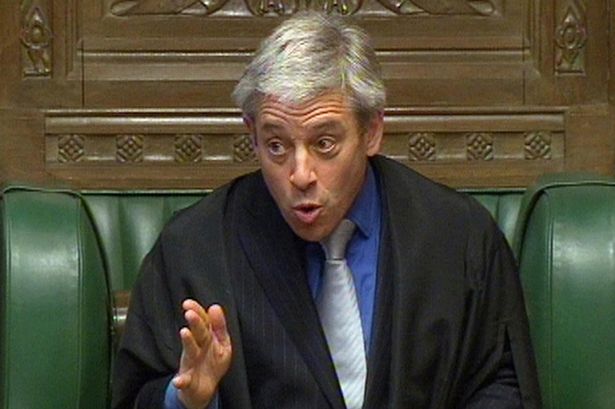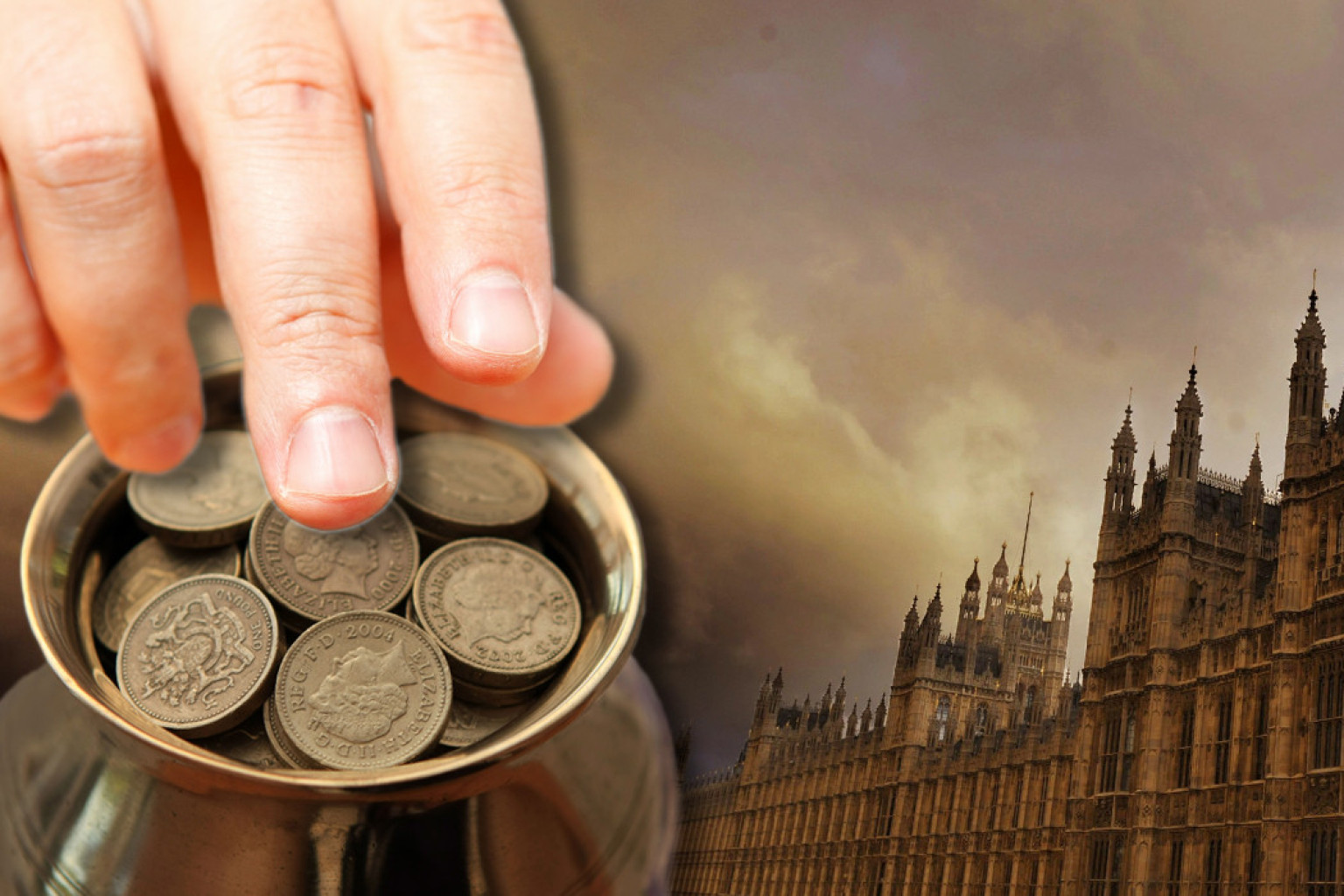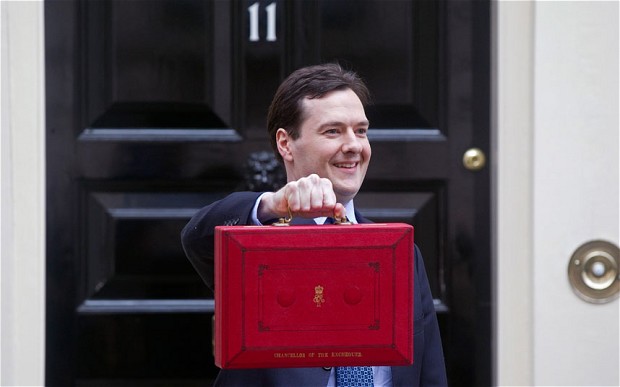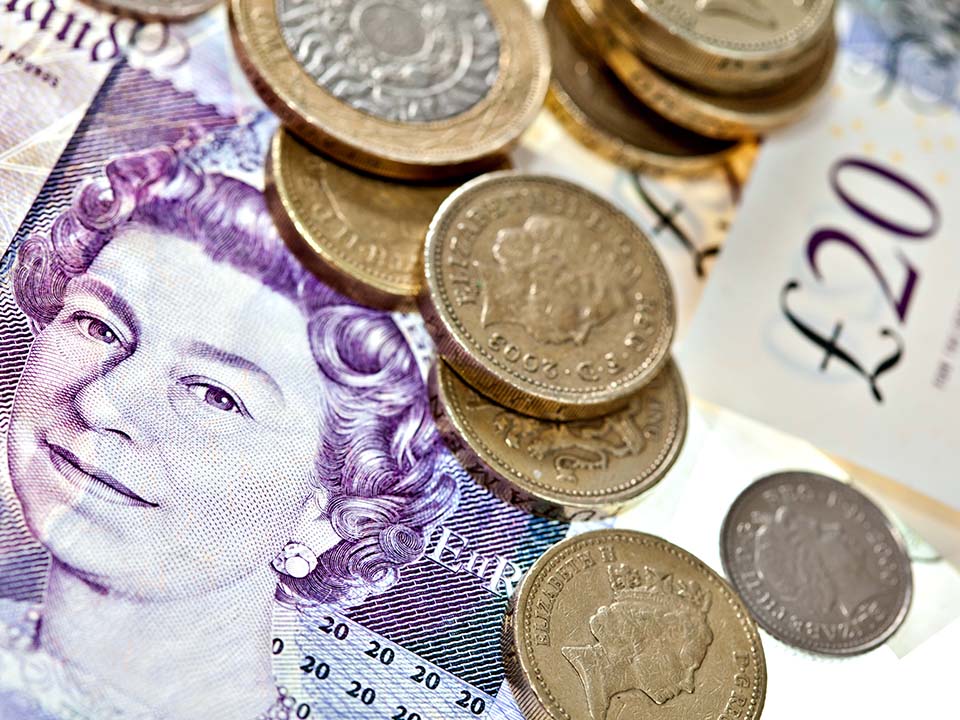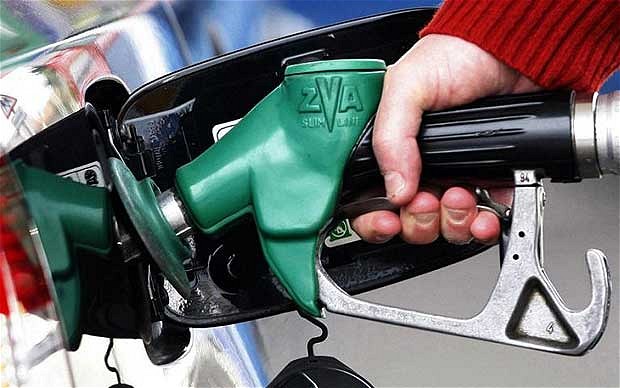How A Big Pay Rise For MPs Can Be Justified
Are MPs really worth £74,000 a year? Sky News sets out the arguments for and against giving MPs a huge wage increase.
Handing politicians a pay rise when ordinary Britons face austerity is bound to be a hard sell but some of the arguments in favour are hard to ignore.
The Independent Parliamentary Standards Authority (Ipsa) has suggested a massive 11% hike to £74,000 and will now put the plan out for consultation.
The prospect of an increase in 2015 comes as taxpayers, already mostly on far lower salaries, face a cost of living squeeze and public sector pay increases are limited to 1%.
Giving politicians another £7,000 plus in their pay packets will play exceptionally badly and make them even less popular than they are at the moment.
Workers who spoke to Sky News this month made clear they would consider the move “disgusting”, and MPs themselves are well aware of the consequences.
Nick Clegg has declared the public will find it “impossible to understand” and David Cameron said making politics more expensive is “unthinkable”.
But the Commons’ expenses watchdog insists that there is never a good time to address the issue, and that there are some very good reasons for doing so now.
Here, Sky News examines both sides of the debate:
FOR
Better value for the taxpayer – The rise will come in tandem with curbs to MPs’ gold-plated pensions and personal expenses, making the set-up more transparent and the overall cost of funding Parliament lower.
Quality of MPs – Supporters of a rise argue you will only attract top quality people into parliament if you offer bigger salaries – ie. you get what you pay for.
MPs may earn far higher than the national average but their salaries are significantly lower than that given to council bosses or other professionals in high-profile roles.
A change could encourage a shift from career politicians to candidates with more experience of public life, who can bring that knowledge into parliament.
Mix of MPs – There are fears a failure to address the issue could lead to a Commons full of multi-millionaires and aristocrats because only they could afford to enter politics.
Two homes – MPs from outside London have to run two households, ramping up the costs of taking on a parliamentary role (although critics would note expenses are available for this).
Retention – The discrepancy between ministerial and MPs’ pay is so large that it is considered to encourage former Cabinet ministers to quit once they leave Government.
Former Home Secretary David Blunkett has suggested the system currently almost says “you have done your time, get out” which strips the Commons of valuable experience.
Avoiding scandal – Ipsa boss Sir Ian Kennedy has suggested not allowing a rise could lead to a repeat of the expenses scandal because MPs would find other ways to boost their salaries.
Greater Focus – If salaries were higher, politicians would potentially be less inclined to forge links with businesses and therefore avoid damaging conflicts of interest.
AGAINST
Timing – With the coalition pushing through austerity measures and making clear drastic cuts will last into the next parliament, the idea of a pay rise is toxic to the public.
As the cost of living crisis continues, taxpayers’ salaries have risen just 0.6% on average this year and public sector pay rises are limited to 1% as part of a raft of savings.
Giving MPs an inflation-busting rise would be in stark contrast to the hardship faced by millions, and conflict with the idea “we are all in this together”.
Furthermore, if the next government – as predicted by experts – has to impose tax rises to raise money, a pay rise in 2015 will be even less palatable.
Perception – Ever since the expenses scandal, politicians have been battling to restore public trust. A pay rise will reinforce the view held by critics that they are just out to line their pockets.
A large salary would also make it harder for MPs to argue that they are in touch with the concerns of ordinary workers.
Second Jobs – Many MPs already supplement their salary by taking on lucrative external opportunities or continuing in their previous profession.
Recent figures suggested almost half (295 of 650 MPs) declared some form of extra income and 20 made more from other work than their salary of £65,738.
Labour leader Ed Miliband has suggested there should be a limit on external earnings but while this situation continues, it is harder to argue for an increase.
Greed – The counter-argument to raising salaries to attract higher quality candidates is that more money could encourage people to enter parliament for the wrong reasons.
People want their MPs to consider it a vocation rather than a lucrative career so that they truly have their constituents’ interests at heart.
The Hours – MPs have to work fluctuating hours during the week and shuttle between London and their constituency but they also enjoy long holidays most could only dream of.
They are about to go on holiday for six weeks, breaking up for the summer on July 18 and not returning until September 2.
Over the year, MPs also leave Westminster for half-terms, have two weeks off for Easter and then at Christmas and another three weeks in party conference season.
Public accounts committee chair Margaret Hodge called for longer parliamentary hours earlier this year, warning too much time was spent in recess.
“Members of the public would be forgiven for thinking that it is MPs who are lazy and that it is Parliament that is failing to provide good value for money,” she said

